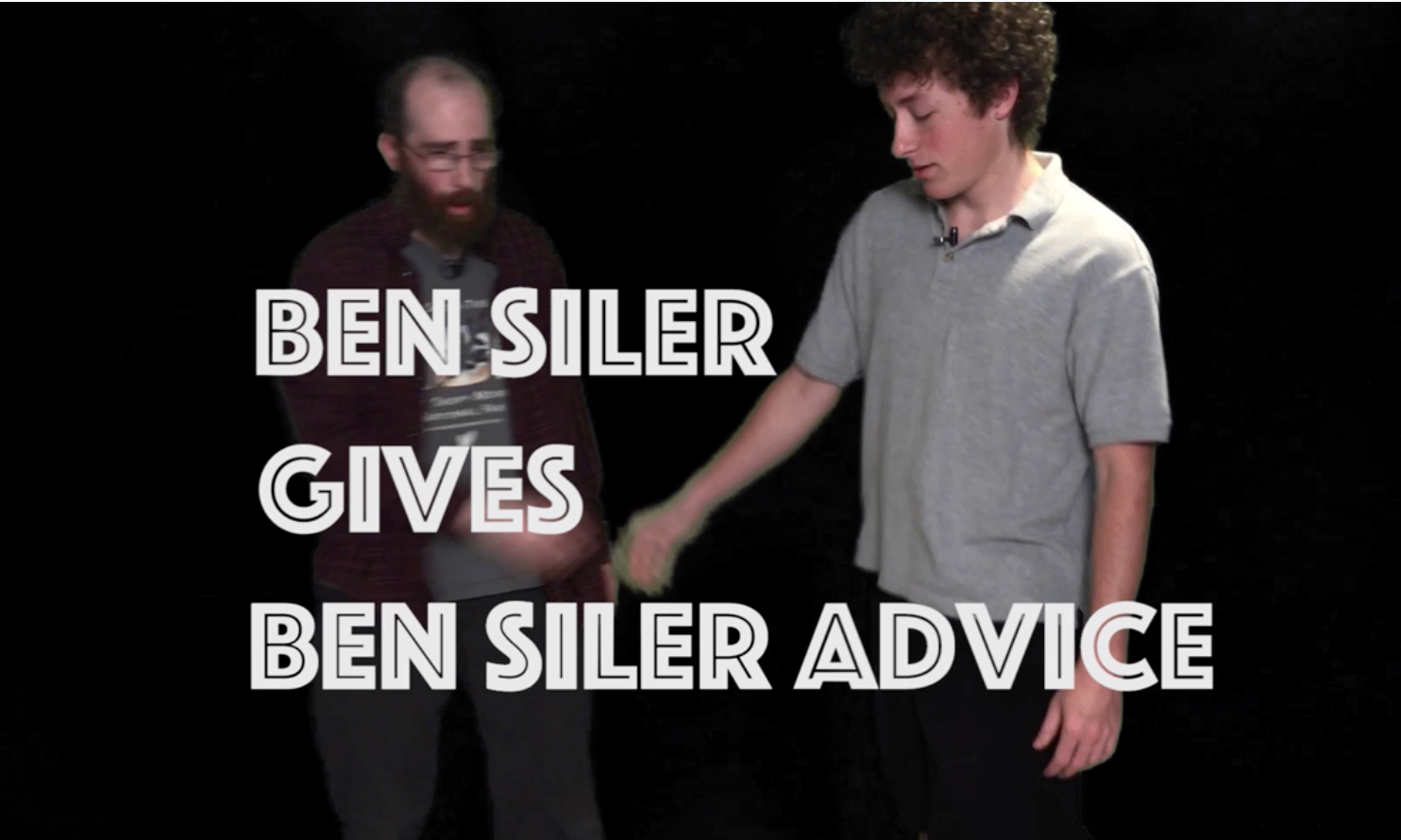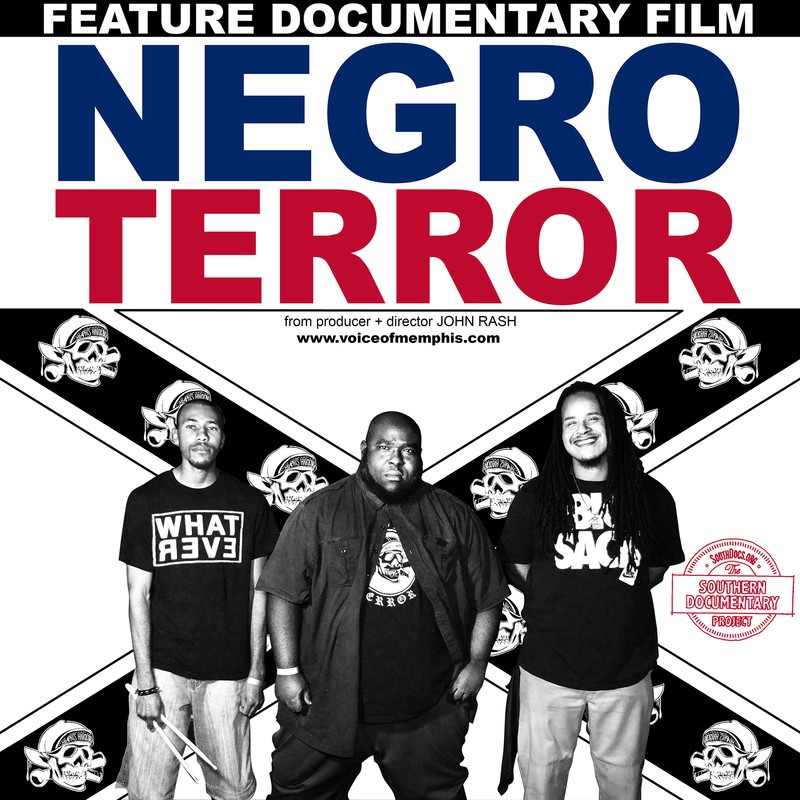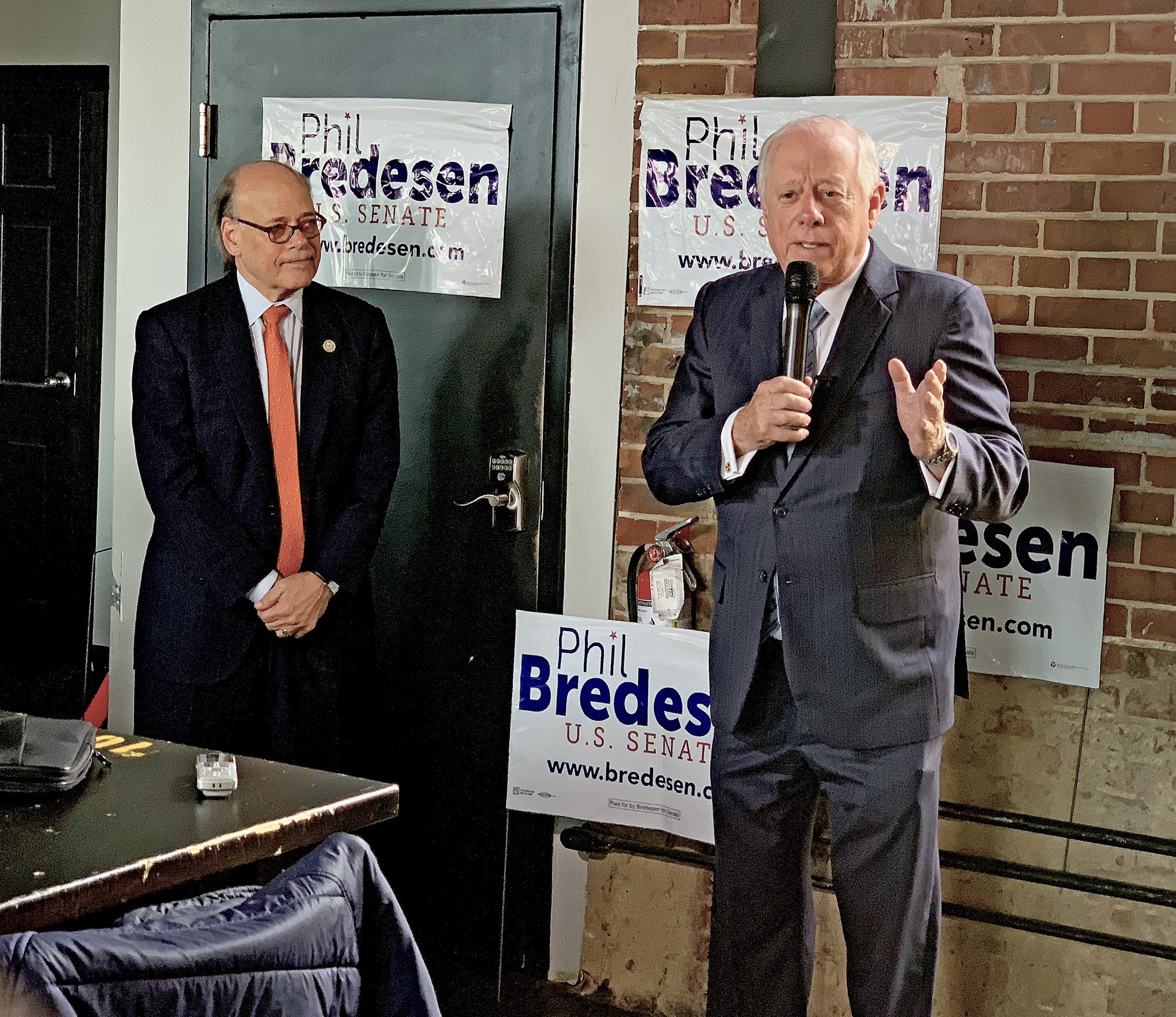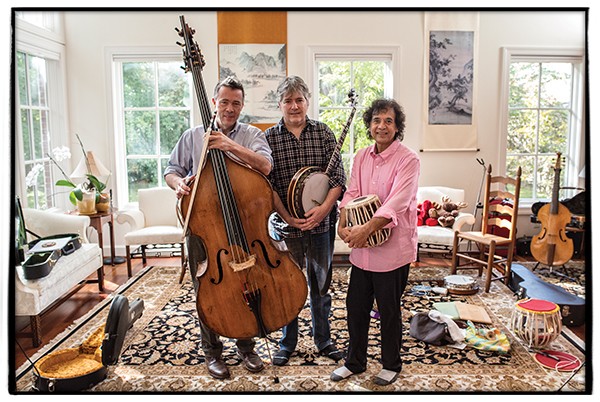
A coal ash pond at TVA’s Allen Fossil Plant.
UPDATE: Scott Banbury, Conservation Programs Coordinator for the Tennessee Chapter of the Sierra Club, said little notice was given about Thursday’s Tennessee Valley Authority (TVA) meeting and “the public was given no opportunity to express themselves.”
Here’s his statement in full:
“TVA seems to believe that this state ordered Environmental Investigation Plan is somehow separate from the state-ordered Remedial Investigation plan in regards to the arsenic and other pollutants that are leaking from their ash ponds and potentially threatening the Memphis Sand Aquifer.
They (TVA) are working on a new (National Environmental Policy Act) Environmental Impact Statement (that I thought would be discussed tonight, but wasn’t), where in they will propose digging up and re-interring (shipping elsewhere) all of the ash in the east pond (and maybe the west pond) that might pose a risk to our drinking water, but they (TVA) have gone out of their way to keep these things separate and leave it to us (Sierra and Protect Our Aquifer) to make the connections between the different ‘studies’ underway.
This is inherently unfair as neither the Sierra Club, nor Protect Our Aquifer, has the staff to match TVA in this regard. TVA has multiple public relations professionals and other staff to work these topics, while Sierra and Protect Our Aquifer have only me and (Protect Our Aquifer president Ward Archer).
The public was given no opportunity to express themselves. There was little to no public notice about the meeting. The only public notice was put out by Sierra and Protect Our Aquifer.”
ORIGINAL POST: The Tennessee Valley Authority (TVA) will host an open-house-style meeting Thursday evening so the public can view and comment on an upcoming environmental investigation of the utility’s coal ash ponds here.
For years, TVA burned coal to fire at the now-shuttered Allen Fossil Plant, the city’s energy source. Ash from that coal was stored in two ponds at the Allen site.
In 2014, the federal Environmental Protection Agency (EPA) made new rules on the safe disposal of coal ash, from coal-fired power plants. In 2015, the Tennessee Department of Environment and Conservation (TDEC) enforced the federal rule here, mandating a review of TVA’s coal ash ponds at seven sites across the state.
TVA will review its plan for the Allen site with the public on Thursday evening.
Scott Brooks, a TVA spokesman, talked to us about what people can expect at the meeting (and what they shouldn’t expect). He also talked about three different environmental testing processes happening at the Allen site now. — Toby Sells
Scott Brooks: We have three operating processes that either are or soon will be going on out at (the site of the Tennessee Valley Authority’s Allen Fossil Plant).
What will be covered in the meeting is an environmental investigation plan (EIP), which is basically a brand new process that we’re doing at seven of our coal sites in Tennessee under a (Tennessee Department of Environment and Conversation, TDEC) order.
That includes two sites where we don’t even have plants anymore. At John Sevier and Watts Barr, we’ve torn those plants down, but we still store coal ash on those sites. 
This order from TDEC is a very comprehensive investigation we’re going to be doing at all seven sites.
Allen will be the seventh of seven open houses. This is the last one.
Memphis Flyer: When did TDEC make the order?
SB: 2015. It was essentially their enforcement of the (Disposals of of Coal Combustion Residuals) rule.
What we’re going to be looking at is the potential impacts and risks of CCR — coal combustion residuals — at all seven of those sites, including Allen. The investigation is going to be very comprehensive.
It’ll include everything from groundwater, to bugs, and fish, and getting a good solid characteristic of the coal ash out there. How much is there? Is it, indeed, confined to where we think and expect that it will be? Basically, we’ll be letting science give us answers to a lot of the speculation and rhetoric that’s been out there for our coal operations for years.
MF: Interest in the coal ash ponds here at Allen is really heightened by the discovery of toxins close to one of them and the potential for those toxins to leak into the Memphis Sand Aquifer.
SB: We have three separate processes [going on at the Allen site]. One is this environmental investigation.
The second is…what are we going to do about the arsenic? We have a very good idea now about the characteristics of where and how deep and where that arsenic contamination is. So, now TDEC just has to give us approval for how they want us to remove it.
That’s separate from (the public open house on Thursday evening). That will be coming, hopefully, in short order. That’ll involve some kind of removal. It could be pump and treat; that’s one option. But that’s in TDEC’s hand right now. There will be a board (Thursday) night explaining where that process is.
The third is…what do we do with the coal ash? We’ll be doing a separate NEPA (National Environmental Policy Act) process, which is looking at the potential environmental impacts of all of the options over there. The main ones being, closure in place, closure by removal, and no action. When you’re doing NEPA, “no action” is usually your baseline. If we do nothing, here’s what could happen or won’t happen.

So, we’ll be looking at both the east and west ash ponds and the chemical pond out there for (closure by) removal is or (closure) in place. That’ll kick off…the date’s been a little fluid but it should start in the next month or two. Again, that will be a public process. We’ll put something out there on looking at the options and getting feedback all along that process.
MF: What else?
SB: The way this meeting will be set up and the way the other six have operated is that it’s an open-house format. That means no presentation, no microphone. You walk around and we’ll have about three dozen posters and experts who can speak to every part of the EIP and the process.
The posters will include what we’ve already done and what we’re proposing to do. Again, there will be about three dozens of them with experts on hand to answer questions. It’s more of an informal conversation format. That’s why we’re calling it an open house.
MF: So, it won’t really be a time for citizens to stand up and voice their opinions in a public meeting format.
SB: We do want to know what people think. But what we need is for it to be captured in writing. They can do that at the meeting or they can do that right now online. On TVA’s website, there’s a TDEC order page with all the comment periods that are still open. On Allen, the public comments period started I think on October 15th was the open date for 45 days.
They can go online right now and view the draft EIP as well. It’s not necessarily light reading. It’s meant to be very comprehensive and very detailed. Again, we want science to tell the story at all seven of the sites in Tennessee.
What will come out of this is, after the comment period, TDEC will take those comments and see if anything needs to be tweaked in the proposed plan and, then, they’ll give us a final version. Then, they’ll say “start your work.” There will be about an 18-month testing investigation process where we’ll put all the wells in we need to put in and do the sampling we need to do. A lot of the sampling will be done multiple times so that you catch seasonal changes and weather changes and things like that.
After the 18-month period, there will be another comment period. Once all the results are in and if something needs to be corrected, then the public has an opportunity to weigh in whatever that correction looks like.


 Noam Stolerman
Noam Stolerman  JB
JB  Tennessee Shakespeare Company
Tennessee Shakespeare Company 



 Lyft
Lyft  The Squirrel Hill Cafe | Facebook
The Squirrel Hill Cafe | Facebook  Alan Messer
Alan Messer 